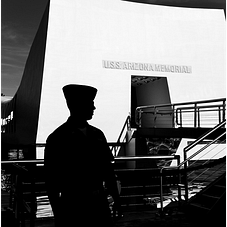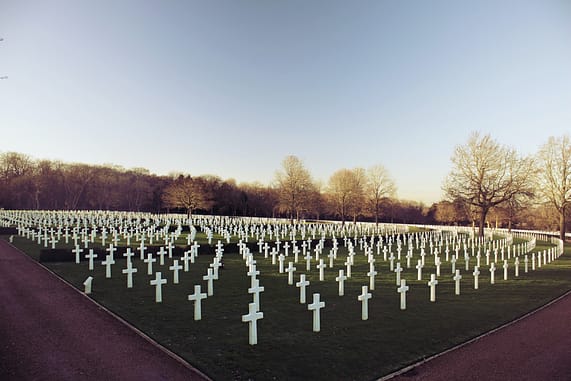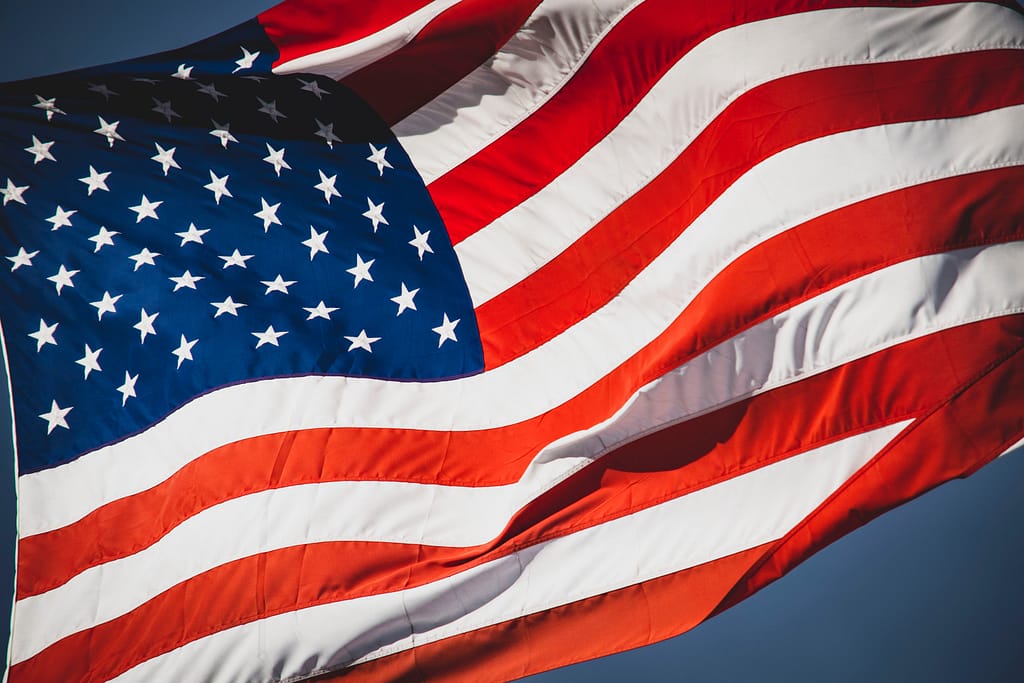American Freedom | The Stories That Preserve Us

Brace yourselves, because this post is mildly political. Today we remember the fallen members of the United States Armed Forces who gave their lives in pursuit of freedom. The sovereignty we enjoy here in America was not easily won, nor is it easily maintained. Stories like Pearl Harbor, Hacksaw Ridge, Lone Survivor, and so many others remind us of the brutality of war, but more importantly of the reality and power of human goodness.
So often we celebrate heroism without taking into consideration just how necessary it was. It’s easy to condemn war when we are faced with any amount of blood and terror. But freedom is still a relatively new concept in world history. Just 81 years ago the second world war broke out. Two years before that, Japan invaded China, spreading all manner of abuse and horror in Nanjing on their way to a new vision of Asia dominated by the Japanese.
At this very moment, the following countries face an active state of war:
- Afghanistan
- Iraq
- Syria
- Yemen
- Somalia
- South Sudan
- Nigeria
- Ukraine
- Libya
- India
- Pakistan
North Korea, Venezuela, Cuba, and so many other countries are subjugated by tyrannical and terrible leaders who would see their people starve to death in pursuit of their own power. Inequality throughout the world stage increases violent crime and all the while, most of us in America enjoy a great deal of security because it has been paid for with the blood of our countrymen.
It’s Good to be in America, Even if You Count the Imperfections

Without intervention, freedom will wither. Germany enjoyed a season of economic gain and prosperity right before they plunged into genocide. In Venezuela, where leaders are “elected,” the threat of imprisonment and even death keeps candidates from running and keeps the polls from being anywhere near fair.
“Freedom” has become a bit of a buzzword in recent years, but at any given moment in America’s history, we have enjoyed more freedom and better chances at economic success than many other places in the world. And while we may live through presidents we didn’t vote for and leaders we do not agree with, we do not live in daily fear that our government will starve us or put us to death for speaking out against tyranny. We do not always appreciate what it is like to suffer because whatever hardship we endure in this country is part of a spectrum we rarely have to see.
This is not a political site, and I did not set out to write a political post. But writing never was non-partisan and I believe Americans would do well to remember on this day that freedom is not a given, even if it seems like the world at large is more civilized than ever before.
What Does This Have to do With Writing?
The stories I mentioned above are one of the only ways for non-soldiers to understand the depth and depravity of war. As a high school student I read The Things They Carried and it stuck with me for life. I have no love of gratuitous violence, but sometimes we have to look at horrible things to understand the cost of beauty.
Hearing about a soldier who refused to kill anyone in WWII is one thing, but watching Desmond T. Doss (played by Andrew Garfield) fight for his life and save both Japanese and American soldiers all while gruesome violence breaks out around him puts it into perspective.
Likewise, it’s hard to understand the extent of what Mohammad Gulab sacrificed to save Marcus Luttrell in Afghanistan in 2005 until you see it played out on screen or read it on the page. Of course movies and books might skew some of the details on occasion, but the resulting empathy is, at least in my opinion, very worth it.
Stories Connect Us to the Past and Prepare Us for the Future
Stories, even fictional ones, have the power to connect us to experiences outside our own. We can get a glimpse into the lives and minds of those who have fought so valiantly for the person standing next to them–and for millions of people they will never meet.
Authors throughout history have demonstrated that ideas are just as formidable as weapons. Look at George Orwell’s 1984 or Animal Farm. Catch-22 by Joseph Heller, The Diary of Anne Frank, and even The Hunger Games by Suzanne Collins. Hitler’s greatest ally was not violence but propaganda. Ideas are powerful. Writers have the power to shape them and readers have the ability to be transformed by them.
We owe it to the people who fought (and continue to fight) for our freedom to keep fighting. Like anything in life, freedom can be taken. Privilege can be lost. And the easiest way to lose something is to forget its value.
Today, I challenge you to engage with a war story. Listen to your relatives, read a story online, watch a movie, or find a book. Forgotten cruelty is so much more likely to be repeated. Realize the power of stories, and don’t forget that information is one of the many freedoms you enjoy because someone else fought for it. Don’t let their stories die with them.
Happy Memorial Day. Thank you to the soldiers who got us here.


